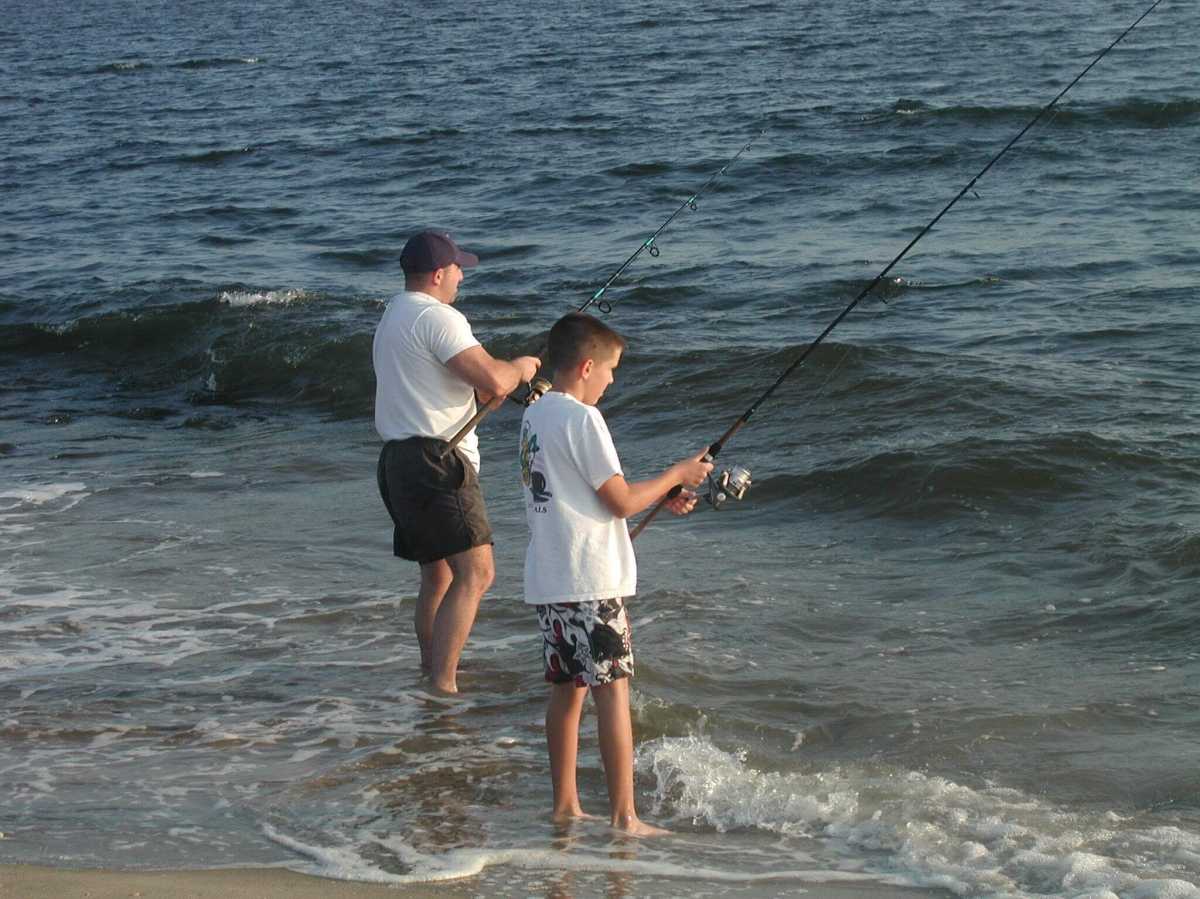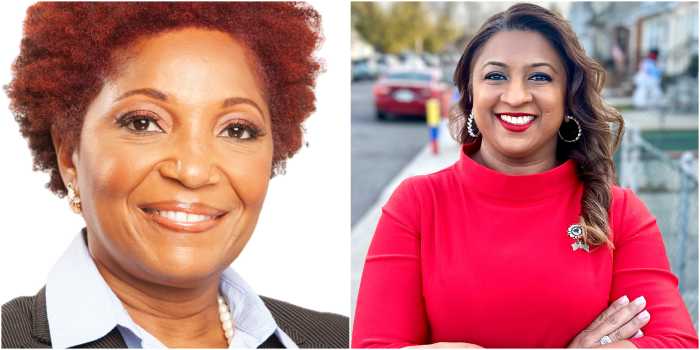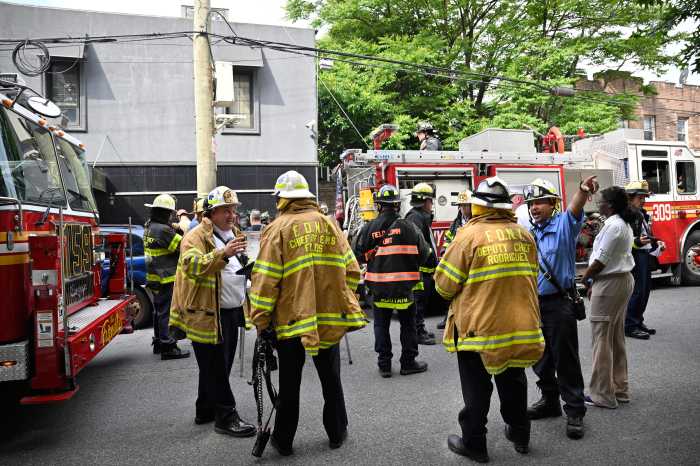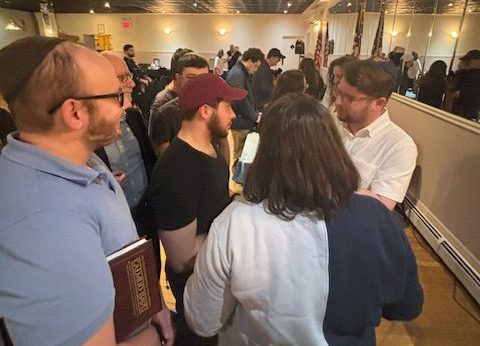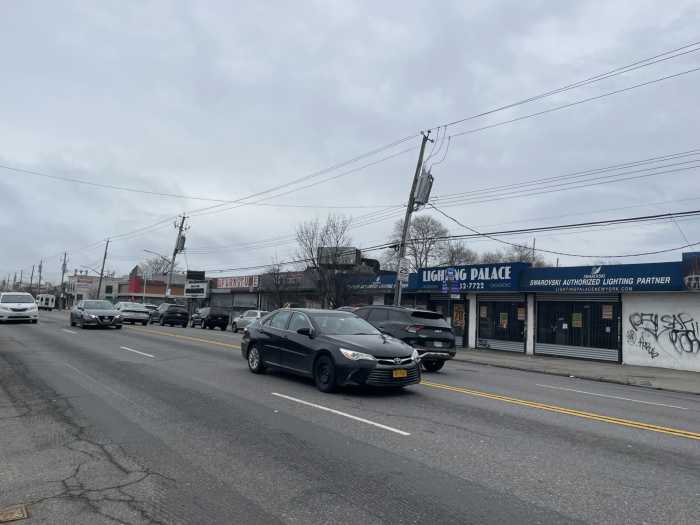Dozens of fishermen who cast their lines off southern Brooklyn’s Floyd Bennett Field are slamming federal park officials for closing the park in order to store idle MTA buses — claiming that the closure has taken a toll on their finances and mental health.
“I think of it not only as a place to catch, but also as a place to de-stress,” said Adrian Morris, who added that most fishermen eat the fish they catch. “Ninety percent of the fishermen take their fish for food … The fish market is not exactly cheap.”
Federal officials closed the 1,000-plus-acre greenspace in late April so that the MTA could store buses that have been taken out of commission because of reduced service during the COVID-19 pandemic, according to Brenda Ling, a spokeswoman from Gateway National Recreation Area, which oversees the the field.
Park officials opted to seal off the entrance to the park because a partial closure would be “difficult to maintain and resource intensive,” Ling told The City in April. There are currently 69 buses being stored at Floyd Bennet Field, according to an MTA spokesperson who said that the fleets will return to their own depots once the agency resumes normal service.
Following the park’s closure, a group of more than 400 gardeners lobbied officials to let them back in, claiming that the gardens provide them with needed food and downtime. Park stewards headed the gardeners’ calls, and, one week later, sent letters of permission to each green thumb that allowed them back into the fields.
But now, more than 50 fishermen are wondering where their permission letters are — arguing that the park is an important source of food and leisure for them, too.
“I go everyday. That’s where I spend most of my time,” said Leondre Descartes, a retired Mill Basin resident who says he’s fished at the field every summer for the last 20 years. “We breathe fresh air and we meet our friends and we talk.”
The popular fishing spot, located on the eastern side of the park near aircraft Hangar B, gives the anglers access to some of the best fish in the city, including large striped bass, blue fish, flounder, fluke and sea robin — making it a citywide destination, said the fishermen.
“There is not many access to fishing areas,” said Morris, a Brownsville resident who has traveled to Floyd Bennett Field for 15 years. “[Fishermen] come from all over.”
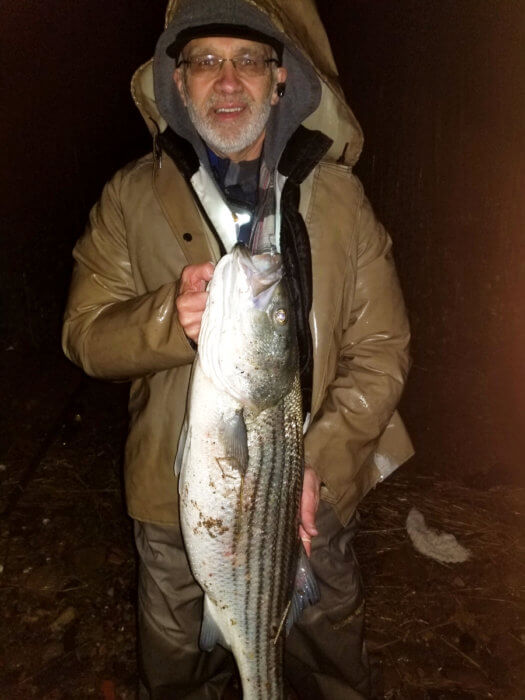
Fishing is compatible with the social distancing rules, Morris added, since anglers must stand far enough away from the each other to prevent keep their fishing lines straight.
“Fishermen do not fish on top of each other,” he said. “They don’t want to get their lines tangled up.”
National Parks officials, however, said that the chances of allowing the fishermen back into the field are slim, since unlike the gardeners, they do not form a larger, legal entity.
“The reason the gardeners are able to have access is because the Floyd Bennett Field Gardeners’ Association is a formal organization and the Floyd Bennett Field Gardeners’ Association holds a lease with the National Park Service,” Ling told Brooklyn Paper. “The Floyd Bennett Field Gardeners’ Association is managing the activity and assuming liability.”
Officials added that the fishermen can find similar fishing spots in Queens and eastern Brooklyn.
“We realize that each fishing enthusiast has their favorite spot; but we have many miles of shoreline around Jamaica Bay and along the Rockaways to provide fishing opportunities while Floyd Bennett Field is temporarily closed, and encourage our visitors to discover some of these sites in the interim, Beach Channel Drive, Fort Tilden, Canarsie Pier, Shirley Chisholm State Park, to name a few.” said Jen Nersesian, the superintendent of Gateway National Recreation Area.
But the Floyd Bennett Field fishermen, who have already paid $50 for their annual fishing permits at the field, say they remain loyal to their beloved spot.
“Everyday I go up there and I see a cop and ask him when it’s going to open,” said Decartes. “We really miss it.”


